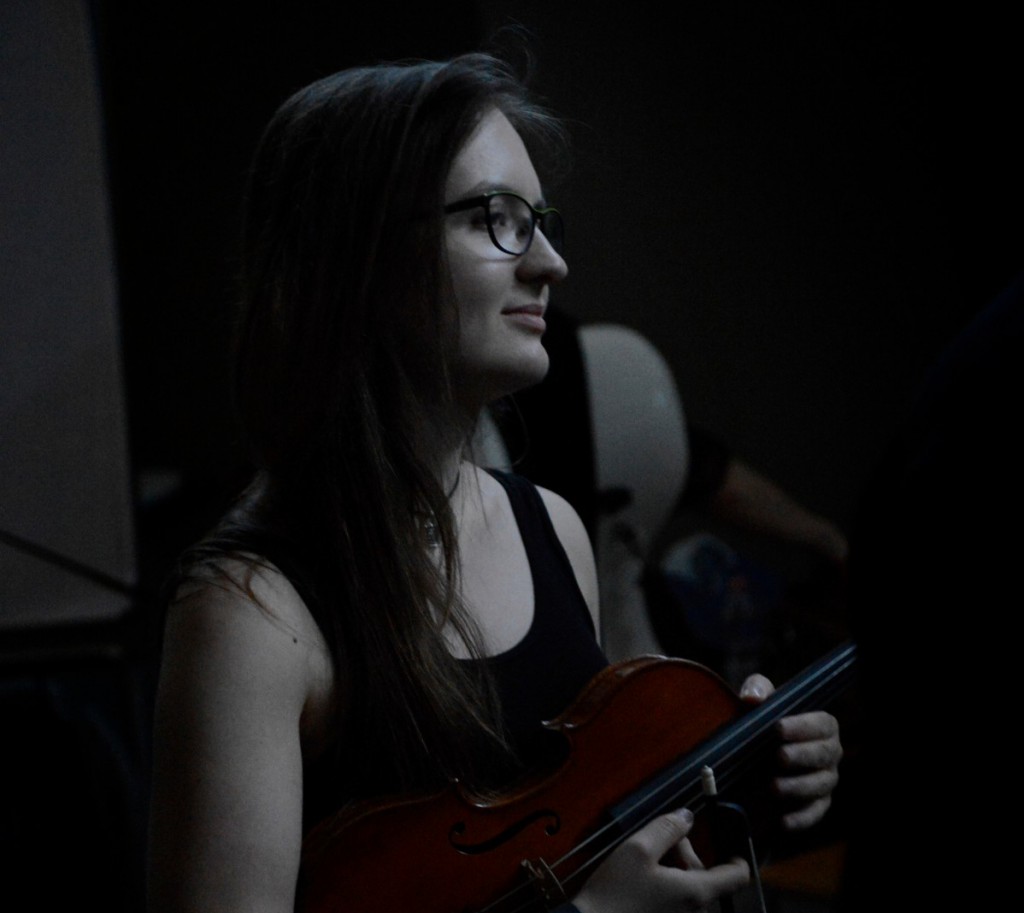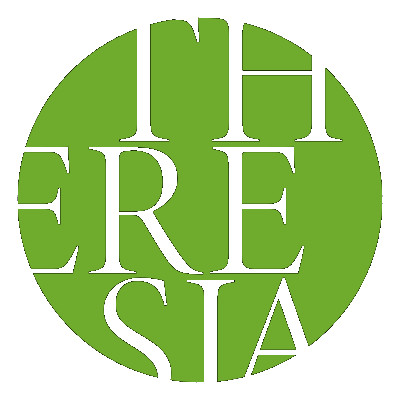
The Polish violinist Agnieszka Papierska is one of the four soloists chosen to perform the Simphonie Concertante C44 by JC Bach in the concerts scheduled on 21th and 22th November in Lodi and Padua. These are the last concert of the 2016 Theresia Tage season, and for this very occasion Chiara Banchini (who is conducting TYBO for the third time), decided to include in the program a “Sinfonia Concertante” to give space to the best elements of the orchestra, as she told us in her interview.
27 years old, Agnieszka Papierska has been playing with Theresia since 2013: “I heard about the auditions, I tried, and I was chosen. From that moment I participated in almost all TYBO projects. And it has been a great experience, because I’ve learned a lot. Is not like a normal project, in which you play and someone pays you for your work. In Theresia you have an occasion of growing.” In her Theresia experience, the person that taught her more is Chiara Banchini: “She is marvelous, because she works with the orchestra and play with us: she has a clear idea of the sound she wants to achieve and she knows technically how to do it.”
The experience in Theresia has also meant meeting new friends and colleagues: with two of them, in particular, a special professional affinity has born. They are Klaudia Matlak and Maria Misiarz, and with them Agnieszka decided to found a Trio: “Actually we met thank to Theresia: our repertoire is the classical one and playing together works really fine, but the problem is rehearsing, because Klaudia and Maria live in Poland, I live in Holland.”
Agnieszka moved to Holland because of her studies: after a Bacherlor in Modern violin and a Master in Baroque violin in Poland, now she’s attending the last year of a Master in Baroque violin in Den Haag. As many of her collegues, her first education was based on modern violin: then, seven years ago, she started playing baroque: “At the beginning it was difficult, because sound and technique are so different, but it was so liberatory! When you play modern, in a certain sense you know yet what you have to do: when you play the baroque violin you need to devote thought, knowledge, research.” And what about the “missing” repertoire, the modern one? “Actually there is no missing repertoire! We say ‘baroque’ violin but we mean the historical one: gut strings are the discriminant, so I can play music till XX century.” What about the bow? “Bow is essential to find the right sound: I have two bows, a baroque one and a classical one, because each of the two repertoires needs its proper bow.”
What do you do besides your studies? “Well, I work a lot. I’m a freelancer musician, so I play both violin and viola in many orchestras and ensemble, in Holland, Germany and Belgium.” And after the Master in Den Haag what are you going to do? Do you want to keep on studying? “I’m thinking about it. I know for sure I want to stay some more time in Holland, and organize there my life.”


